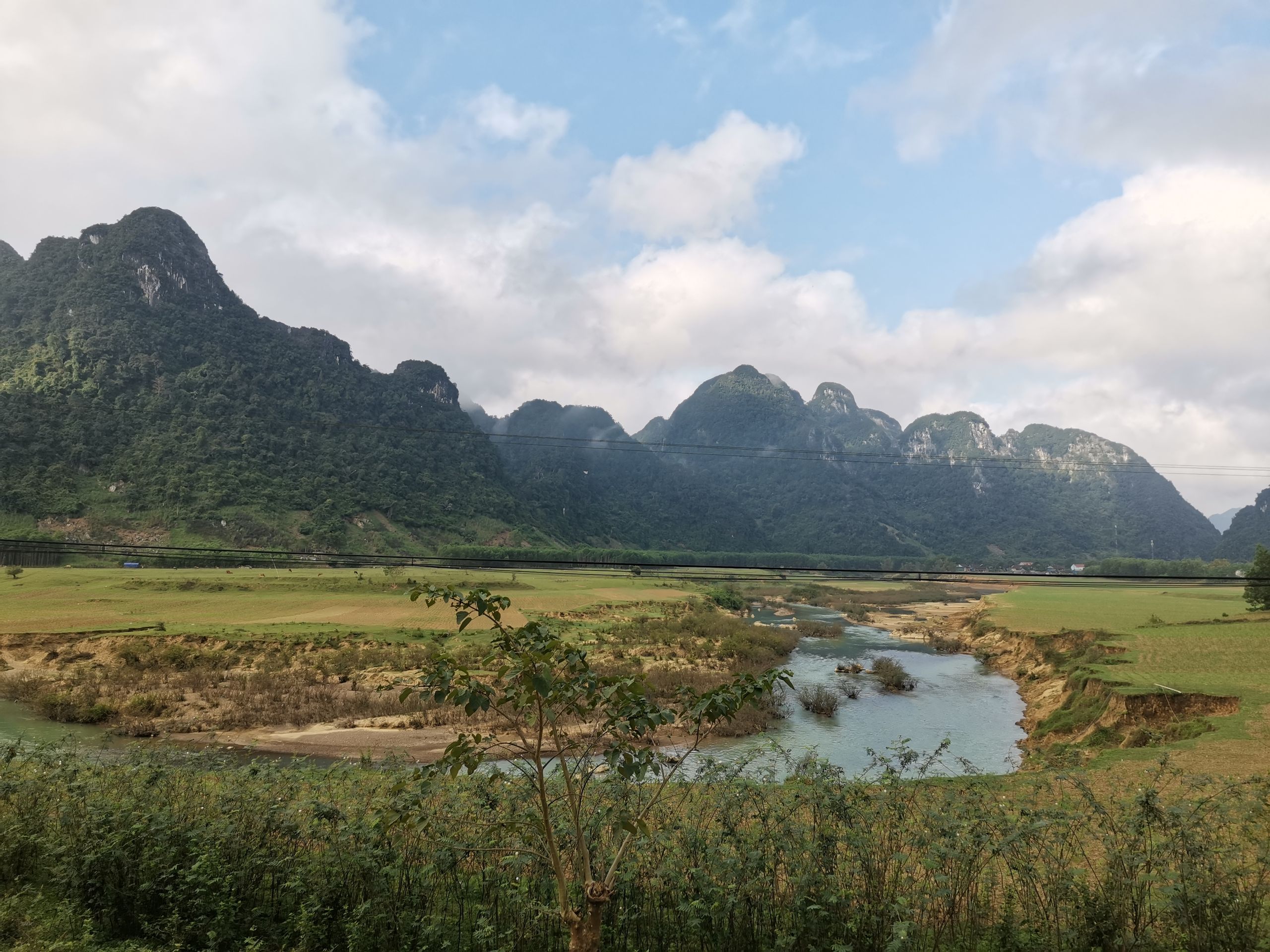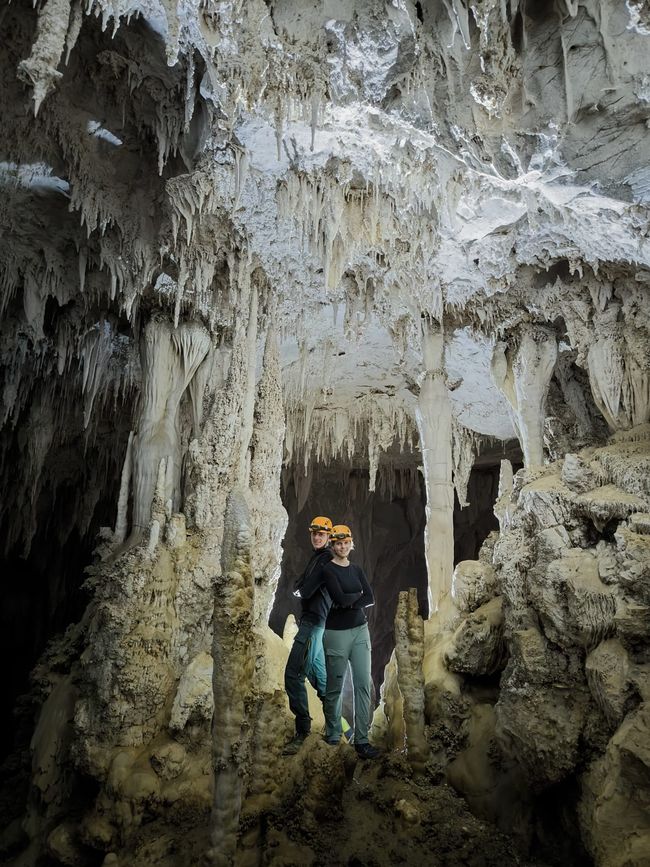A gem in the middle of Vietnam
Whakaputaina: 17.01.2024
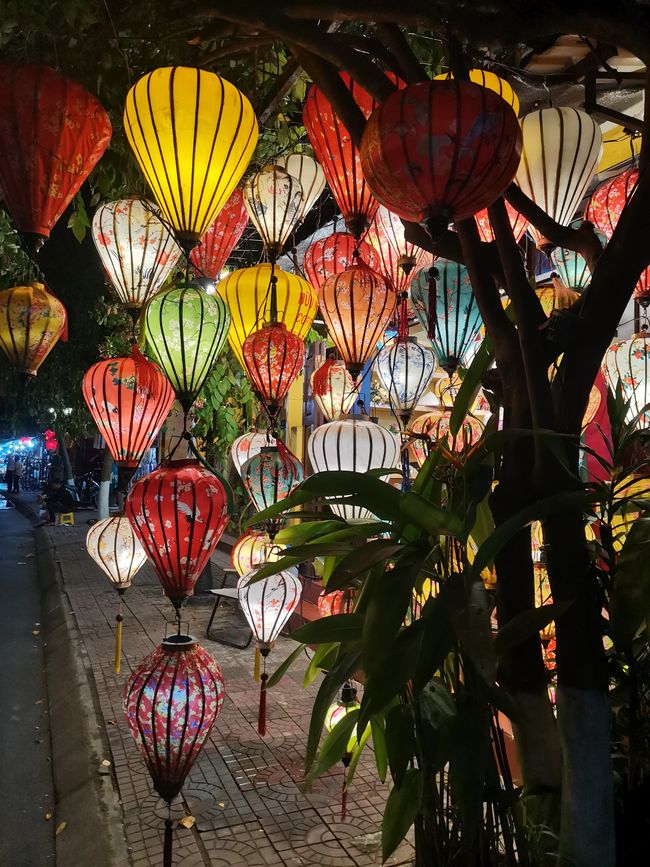
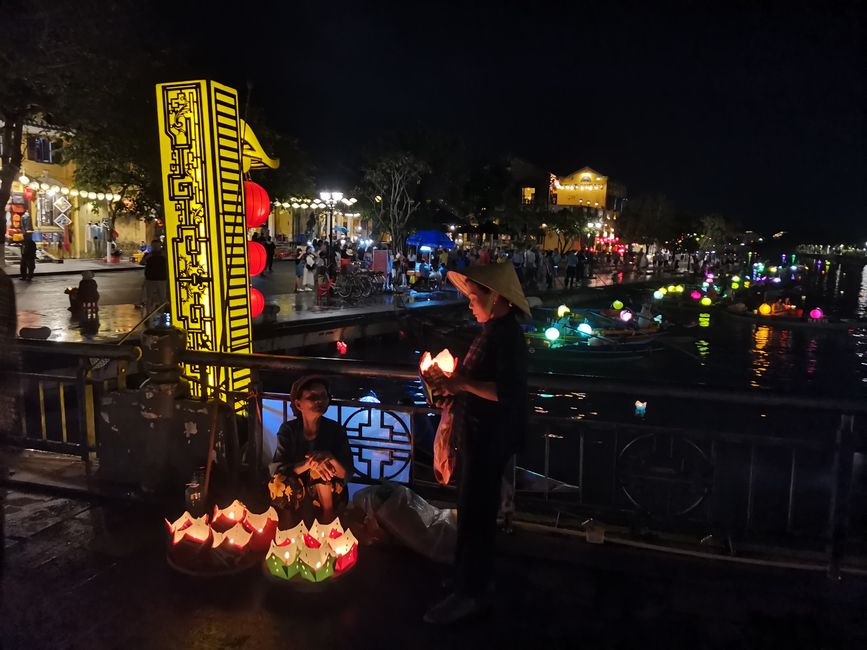
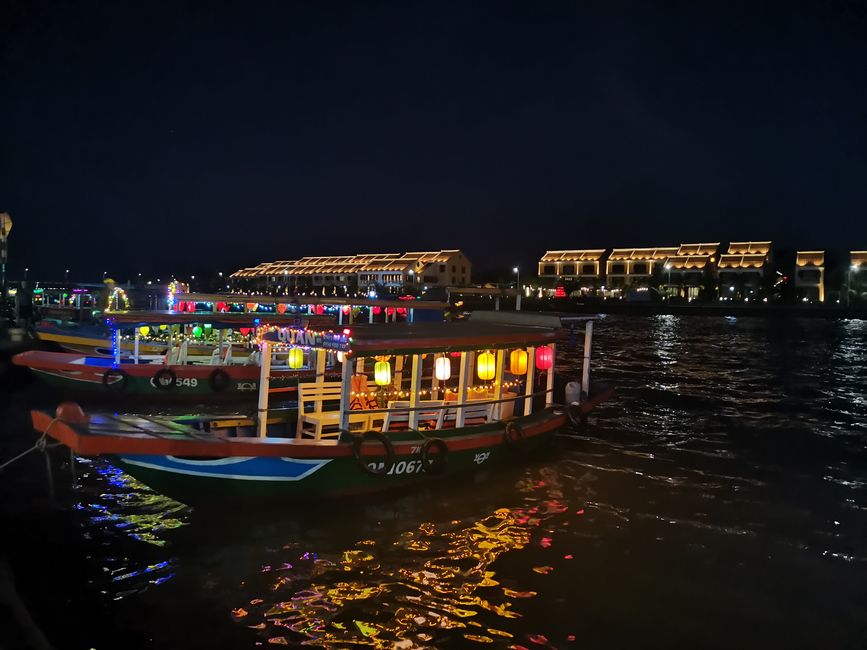
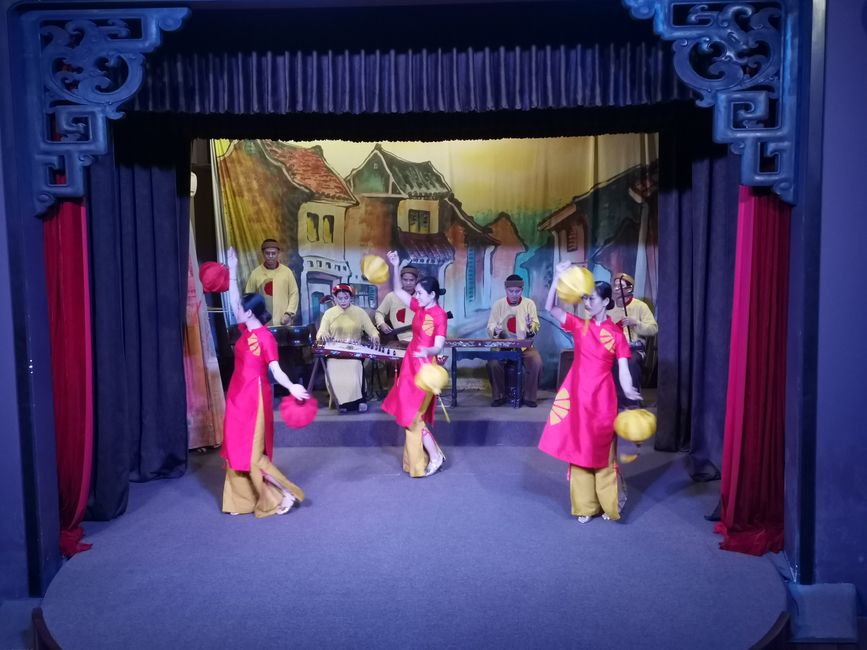
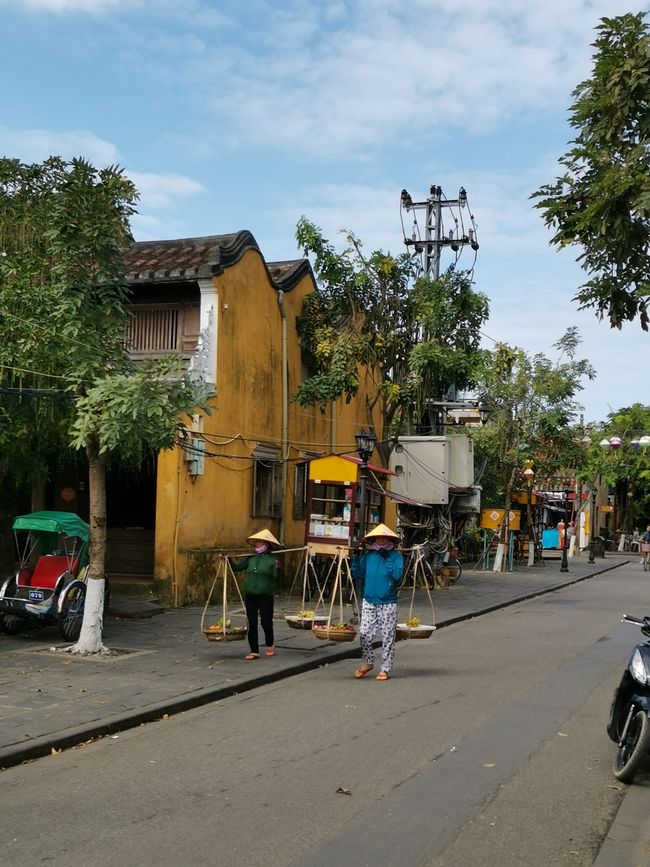
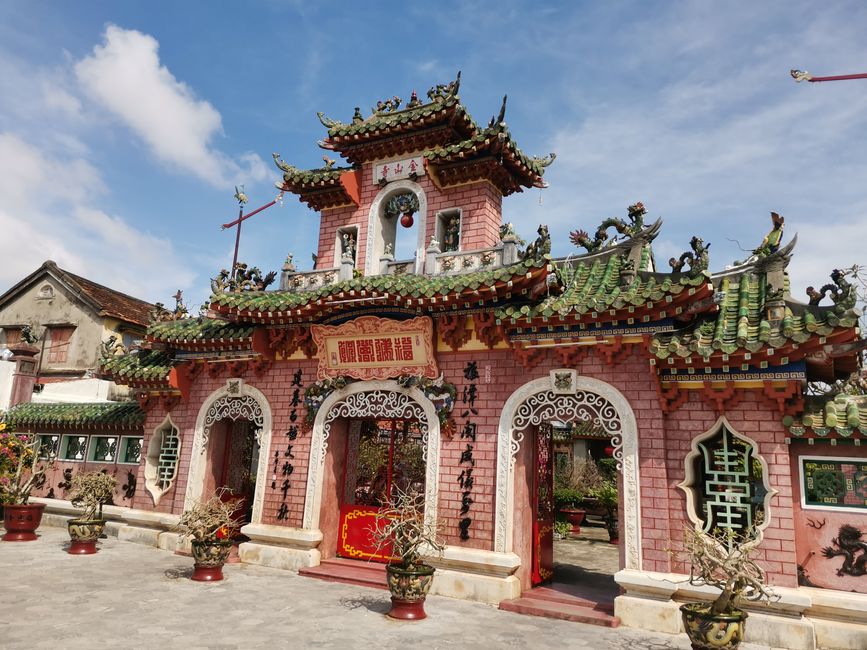
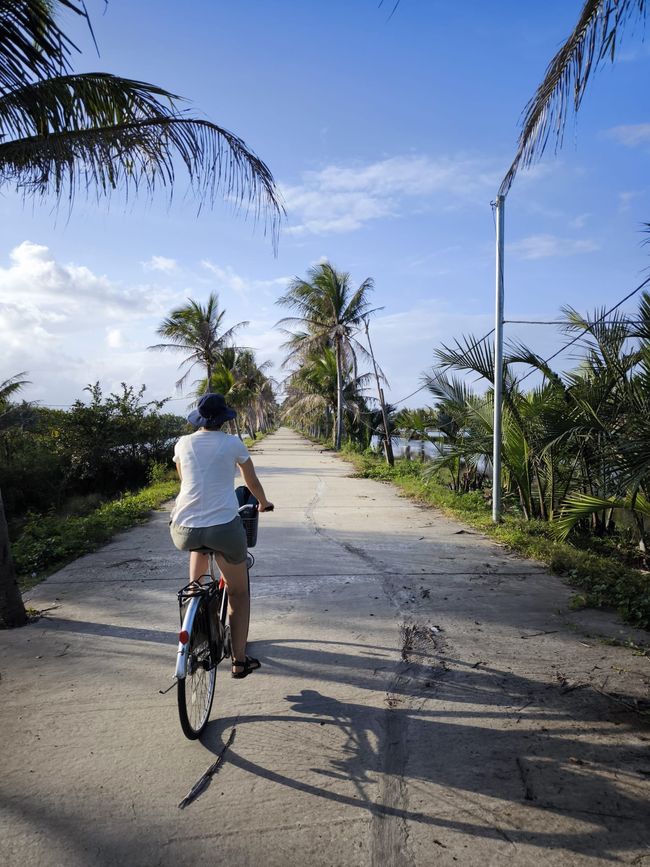
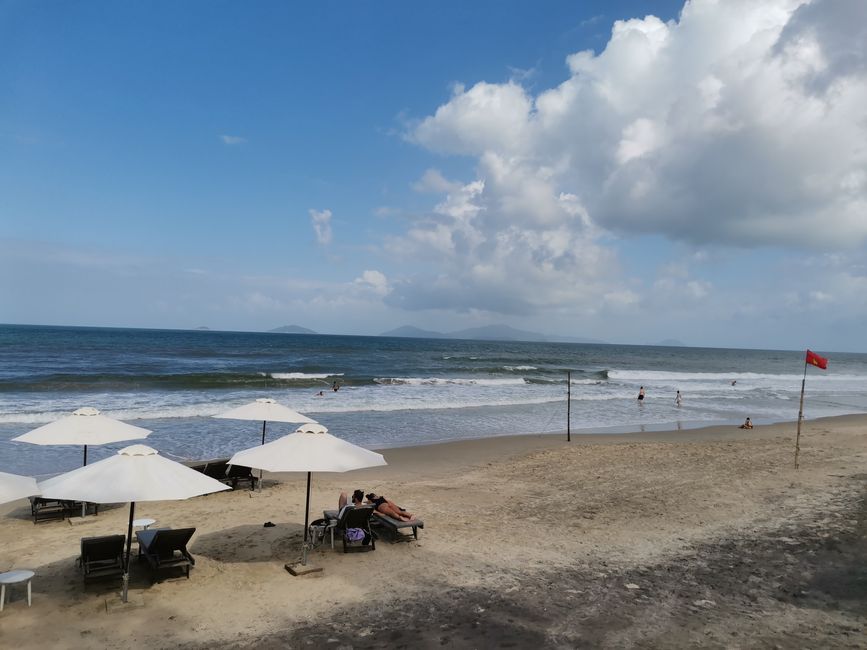
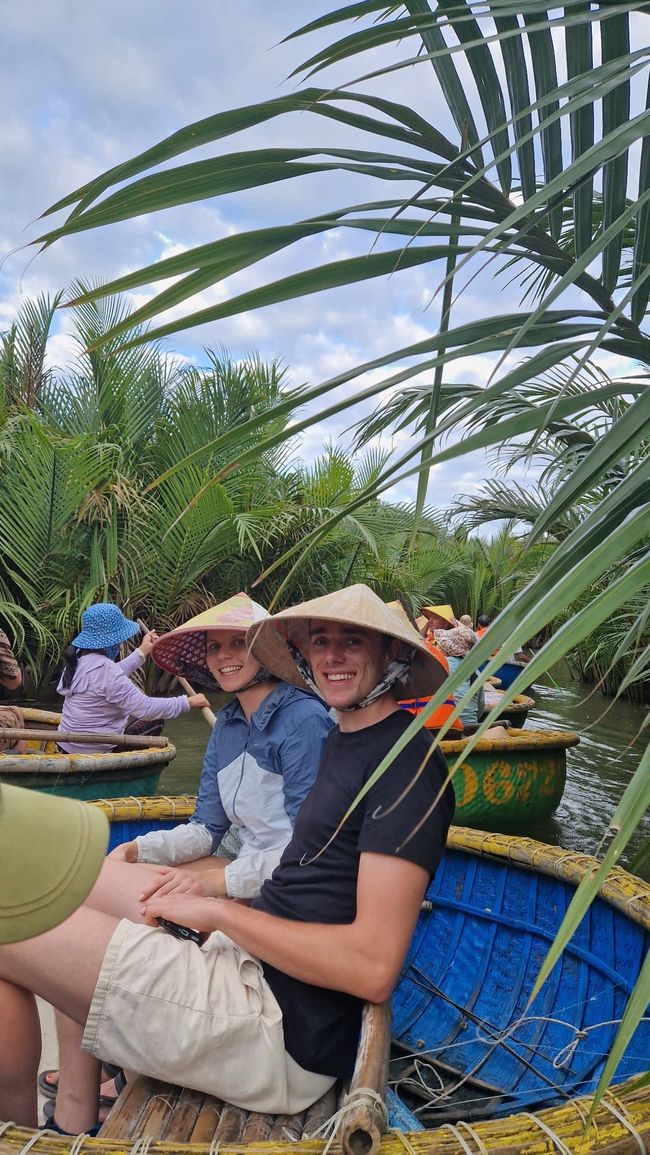
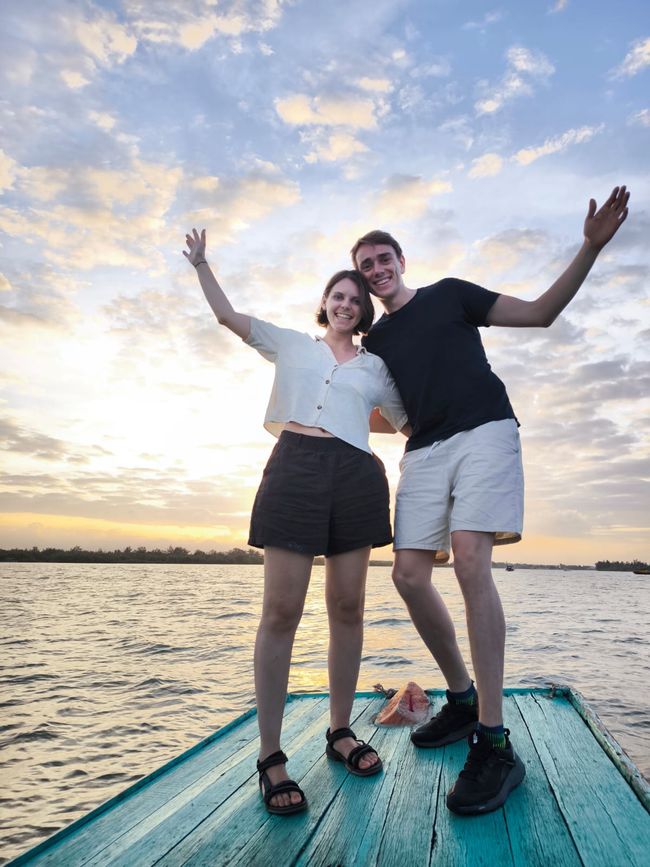
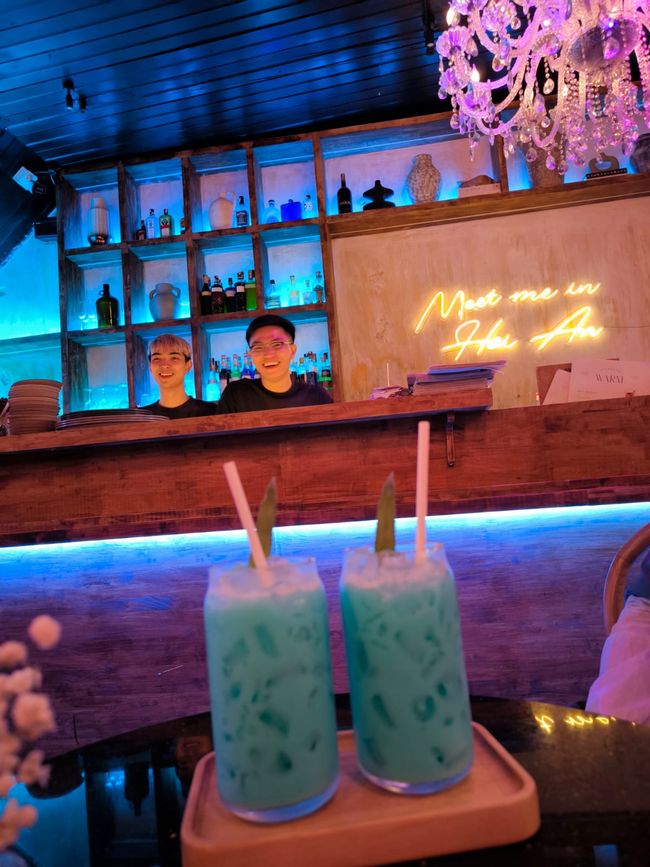
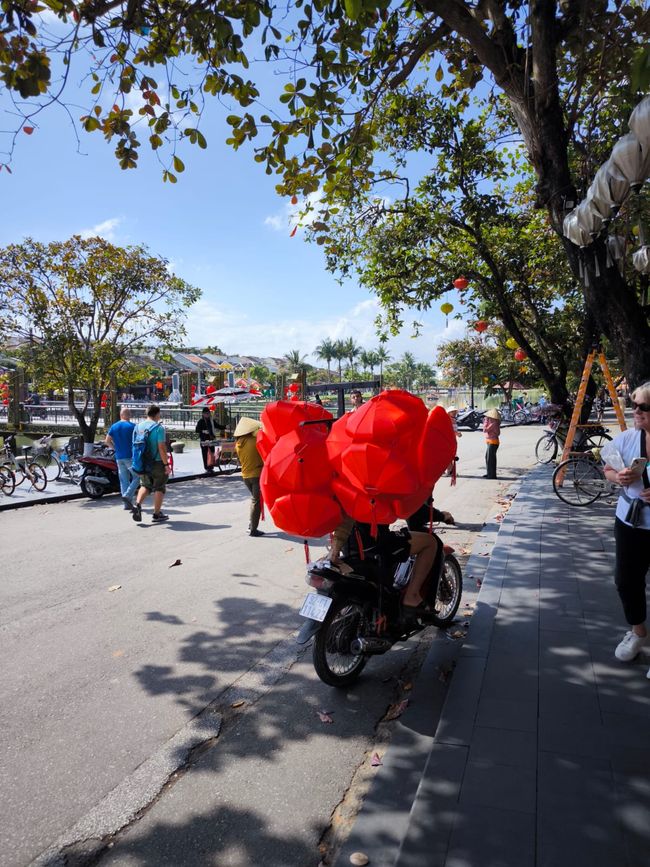
Ohauru ki te Panui
Please excuse our late update. The last few days were filled with sightseeing and beautiful experiences, so we didn't even get a chance to write. That's why this post will be a summary of our stay in Hoi An.
Hoi An is a bit like the Stein am Rhein in Schaffhausen, only much larger and even more touristy. But there is a reason for that. The city has a rich history with many temples and beautifully preserved buildings. Here the Japanese and Chinese influence that can be felt in Vietnamese culture and architecture becomes even clearer. Thanks to trade and access to the sea, Hoi An was early on a destination for Japanese and Chinese traders who then immigrated here. That's why you can find Japanese and Chinese temples in this beautiful little town.
The lanterns that illuminate the night in particular make the city shine and spread a magical atmosphere despite mass tourism. A good 60% of the residents in Hoi An make a living from tourism.
After a lovely day of sightseeing with a guided tour, on the second day we cycled through rice fields to the sea. For the first time on our trip we bathed in the sea. That was a special moment.
On the third day we went back into town and experienced a traditional Vietnamese dance show with live music. Afterwards we took a boat to a water palm delta. There we climbed into an oversized coconut shell two at a time. The small, circular boats are particularly suitable for paddling into small canals or spinning in circles like a carousel, which was a fun experience. Finally, we did something very typical for Hoi An. After sunset we floated a lantern in the river. According to the locals, you can make a wish afterwards. It was the perfect ending for Hoi An. Now we're going further and further north. Next stop is Hue, once the capital of Vietnam and now known for its royal palace and royal tombs.
Ohauru ki te Panui
Whakautu (1)
Erich
Yin und Yang hält Euch schon in Bann. 👍 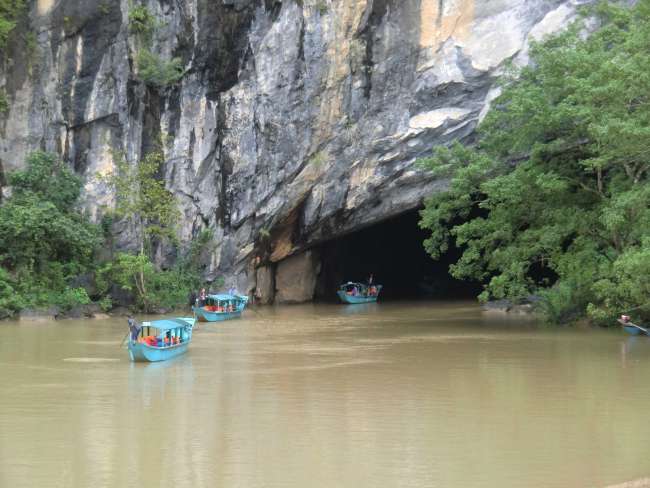
Ripoata haerenga Vietnam
